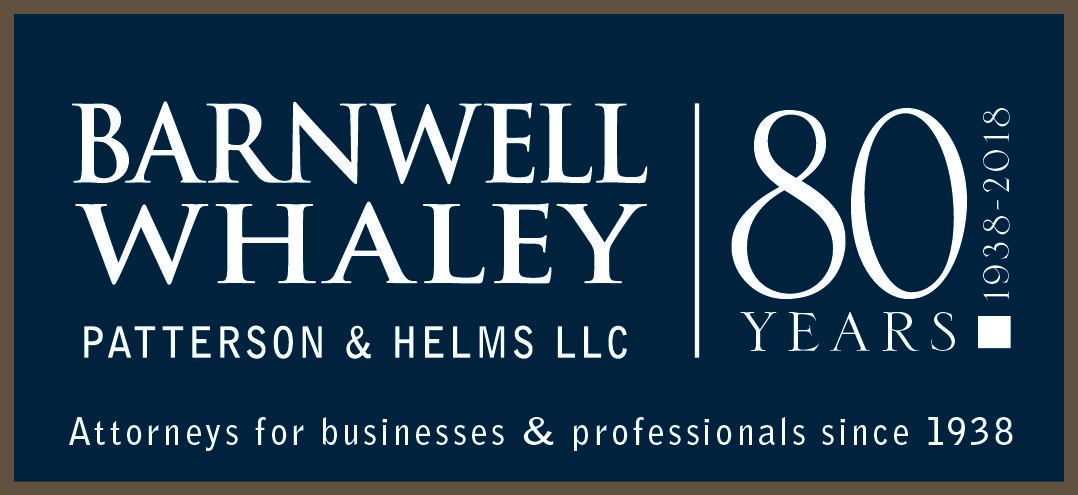
In Rogers Townsend & Thomas, PC v. Peck, App. No. 2011-199626, Op. No. 27707 (S.C. Feb. 22, 2017), the South Carolina Supreme Court considered the question of whether an entity (“Company”) providing management services to condominium/homeowners association (“Customers”) engaged in the “unauthorized practice of law.” The Company performed such routine functions as maintaining common areas, enforcing rules, and collecting dues and assessments on behalf of its Customers. As to the last item, the Company would: (a) prepare and record liens; (b) sue in magistrate’s court to collect debts; (c) filed obtained judgments in circuit court; and (d) advertised that it could perform these services.
The Company and its principals were sued in declaratory judgment seeking a determination of whether these activities on behalf of its Customers were the “unauthorized practice of law.” Agreeing with the recommendation of a special referee, the Supreme Court held that the company had, indeed, committed the unauthorized practice of law regarding all four activities identified above.
Although there is no detailed definition the “practice of law,” it includes the management of lawsuits filed in court and the preparation of lawsuit filings on behalf of a client. Under Supreme Court precedent and Magistrate Court Rules, corporations may be represented in certain circumstances by a non-lawyer officer, agent, or employee. The Company was obviously not an officer or employee of its Customers, so the issue for the Court was whether the Company was its Customers’ “agent.” If so, the Company might be able to permissibly engage in the challenged actions.
However, unfortunately for the Company, the Supreme Court held that it had “never intended to permit non-lawyer third party entities or individuals to be an agent” under the law.
First, the Court held that the Company could not act as a third-party representative representing the Customers in magistrate’s court litigation. In support of its contention, the Company relied upon prior precedent holding that third parties could permissibly provide services to assist customers in making claims against an estate or petitioning for the allowance of the claim in probate court, which required the completion of simple statements or forms. The Court rejected this argument, noting that the question of whether conduct constitutes the unauthorized practice of law depends upon the character of the services rendered. The Court concluded that the character of conduct involved in representing Customers in magistrate’s court litigation was similar to the practice of law.
Next, the Court determined that the filing of transcripts of judgment from magistrate’s court in the Circuit Court was the practice of law. It reached that result because non-lawyers are not permitted to represent others in Circuit Court. See Renaissance Enter. Inc. v. Summit Teleservices, Inc., 334 S.C. 649, 652-53, 515 S.E.2d 257, 258-59 (1999). The Court then held that the preparation and recordation of lien documents on behalf of Customers was impermissible, since “[p]reparing and recording legal instruments constitutes the unauthorized practice of law.” Finally, the Court concluded that advertising the services described above violated the law, since “[i]t is the unauthorized practice of law for a non-lawyer to advertise he can provide legal services.”
The Court refused to decide whether certain other acts of the Company violated the law, because there was no evidence of “specific facts or details about [the Company] performing these services.” In the absence of proof that the Company had engaged in those actions, there was no proper “case or controversy” for the Court to decide.
Although it held that the Company had clearly engaged in the unauthorized practice of law, the Court refused to enter a final injunction. In response to a temporary injunction, the Company had stopped the challenged conduct and expressed an intention not to further engage in them.
In a nutshell, this case makes clear that non-lawyer third-parties must exercise caution in providing services to customers that might be considered the provision of legal services. Although there are grey areas, non-lawyers should certainly not engage in any conduct on behalf of a customer in the prosecution or defense of litigation in Circuit Court or magistrate’s court. Additionally, non-lawyers cannot draft or file any “instruments” intended for recordation.
Beyond that, the third party must not engage in conduct that would normally be within the scope of what a lawyer would normally do. Therefore, aside from perhaps the most basic clerical work (like filing a claim against an estate), any “legal” types of services should not be rendered to third parties.




